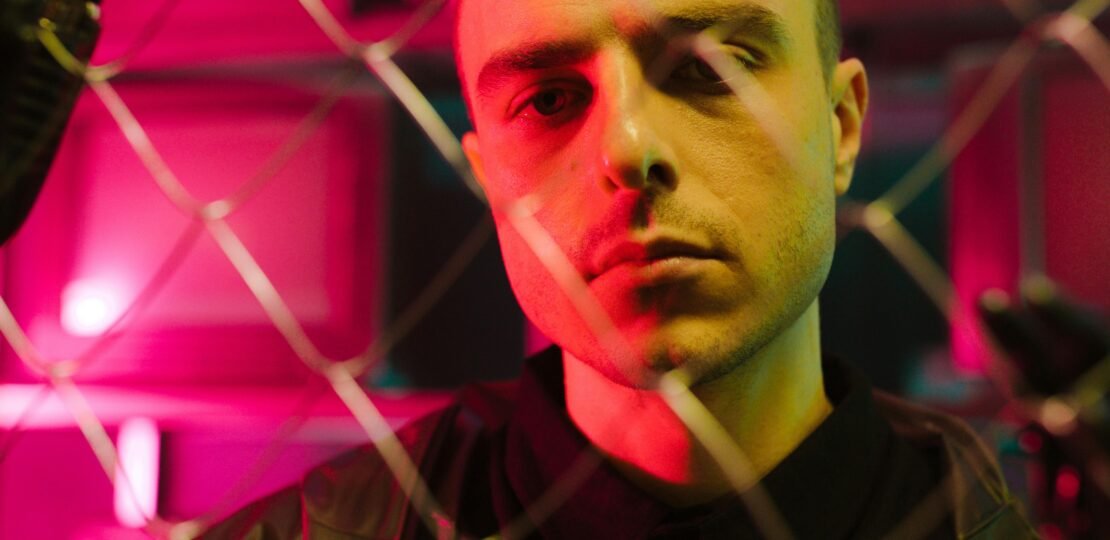Stay Updated with the Latest in AI: TechCrunch’s AI Newsletter
Greetings, tech enthusiasts! Welcome to TechCrunch’s lively AI newsletter, your go-to source for the latest in artificial intelligence. Want to keep these insights coming every Wednesday? Sign up here!
The holiday season didn’t slow down the AI news cycle one bit. With OpenAI’s “12 days of shipmas” and DeepSeek’s major model release on Christmas Day, if you blinked, you might have missed a groundbreaking update. Now, as we move forward, OpenAI CEO Sam Altman has shared some intriguing thoughts on his personal blog.
“[OpenAI continues] to believe that iteratively putting great tools in the hands of people leads to great, broadly-distributed outcomes,” Altman wrote.
{Sam Altman, OpenAI CEO}
Altman expressed confidence that OpenAI understands how to create artificial general intelligence (AGI) and is now setting its sights on superintelligence. According to OpenAI, AGI refers to “highly autonomous systems that outperform humans at most economically valuable work.” Superintelligence, a step beyond AGI, could “massively accelerate” innovation beyond human capabilities.
Both Altman and Anthropic’s CEO, Dario Amodei, hold an optimistic view that AGI and superintelligence will usher in wealth and prosperity for all. However, it’s worth pondering whether these advancements will truly benefit everyone. A recent study flagged by Wharton professor Ethan Mollick raises concern.
- Researchers explored ChatGPT’s impact on freelancers across various labor markets.
- Initially, AI boosted earnings—web developers experienced a ~65% increase.
- But post-AI inflection point, AI began replacing roles—translators faced a ~30% drop.
The study suggests a troubling trend: once AI starts replacing jobs, reversal seems unlikely. As we inch closer to more advanced AI, this is a significant concern. While Altman is “pretty confident” about maximizing broad benefits in the age of AGI and superintelligence, what if this vision falls short?
If only corporations reap the benefits of AGI and superintelligence, rather than creating a better world, we may exacerbate inequality—a legacy no one desires for AI. Despite these potential pitfalls, Silicon Valley continues to ring alarm bells about AI’s potential for catastrophic damage.
Key Developments in the AI Landscape
- OpenAI’s Financial Challenges: OpenAI is currently losing money on its $200-per-month ChatGPT Pro plan due to unexpected usage levels.
- Generative AI Investment Surge: Last year saw record investments in generative AI applications for creating text, images, videos, and more.
- Microsoft’s Data Center Expansion: Microsoft plans to invest $80 billion in fiscal 2025 to develop data centers tailored for AI workloads.
- Delayed AI Models: xAI’s next-gen model Grok 3 joins a growing list of delayed flagship models.
Yet, it’s not all doom and gloom. A study by researchers from the University of Chicago and MIT found that investors using GPT-4o to summarize earnings calls achieved higher returns compared to those who didn’t—an encouraging sign for human-AI collaboration!
“METAGENE-1 achieves state-of-the-art performance across various genomic benchmarks,” Prime Intellect announced.
{Prime Intellect}
Innovations and Legal Challenges
- Prime Intellect’s METAGENE-1: This new model aids biosurveillance and pathogen detection using a massive dataset from human wastewater samples.
- Courtroom Battles: Anthropic faces legal action over its chatbot Claude sharing copyrighted song lyrics but has vowed to maintain guardrails against such usage.
The journey of AI is filled with promise and challenges alike. As we navigate these developments, let’s remain hopeful yet vigilant about ensuring technology benefits all of humanity.



